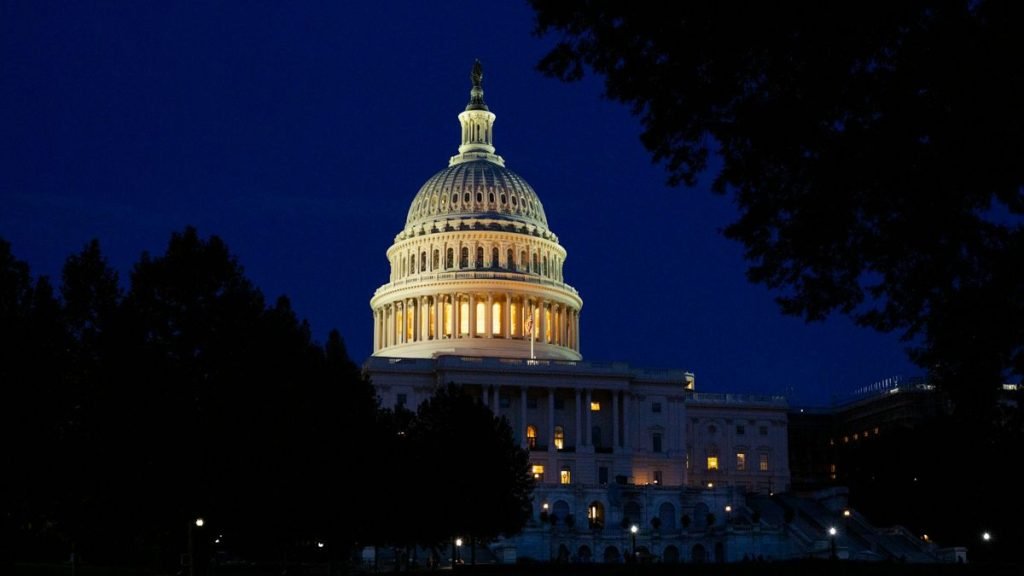
Photo Credit: Darren Halstead
The U.S. House of Representatives has narrowly passed the sweeping ‘One Big, Beautiful Bill’ which includes a controversial 10-year moratorium on state-level regulation for AI.
This measure, if enacted, would prevent states from passing or enforcing any laws governing AI models, systems, or automated decision-making processes for a decade. The provision has drawn fierce opposition from a bipartisan coalition of 40 state attorneys general and more than 140 organizations representing civil society, technologists, and creative workers who would be impacted by such a moratorium.
State attorneys general argue that the moratorium would be “sweeping and wholly destructive of reasonable state efforts to prevent known harms associated with AI.” In their open letter to Congress, they point out that the absence of federal protections means states are often a first line of defense against technological harms—including those impacting personal identity, privacy, and creative rights.
“This bill does not propose any regulatory scheme to replace or supplement the laws enacted or currently under consideration by the states, leaving Americans entirely unprotected from the potential harms of AI,” the letter reads. “Moreover, this bill purports to wipe away any state-level frameworks already in place. Imposing a broad moratorium on all state action while Congress fails to act in this area is irresponsible and deprives consumers of reasonable protections.”
The proposed federal freeze would not only block new state laws but also nullify hundreds of existing and pending measures designed to address measures like deepfakes, unauthorized use of likeness, and AI-enabled impersonation—all of which directly threaten those working in creative industries. State-level laws have been crucial in criminalizing the creation of explicit AI-generated images without consent and requiring transparency when consumers interact with AI rather than an actual human.
Without the ability to enact or enforce such protections, states would be powerless to stop companies from deploying AI tools that can copy, manipulate, or exploit creative works and identities. More than 100 organizations have also sounded the alarm on the provision, stating that any company that “intentionally creates an algorithm that inflicts foreseeable harm, the company responsible would evade accountability.”
Despite the outcry, the moratorium remains in the House-passed bill and now moves to the Senate—where its fate is uncertain. If enacted as-is, the bill would strip states of their ability to respond quickly to new threats, leaving creatives with fewer tools to protect their work and livelihoods from the rapidly evolving risks posed by AI.





Recommended Comments
Join the conversation
You can post now and register later. If you have an account, sign in now to post with your account.